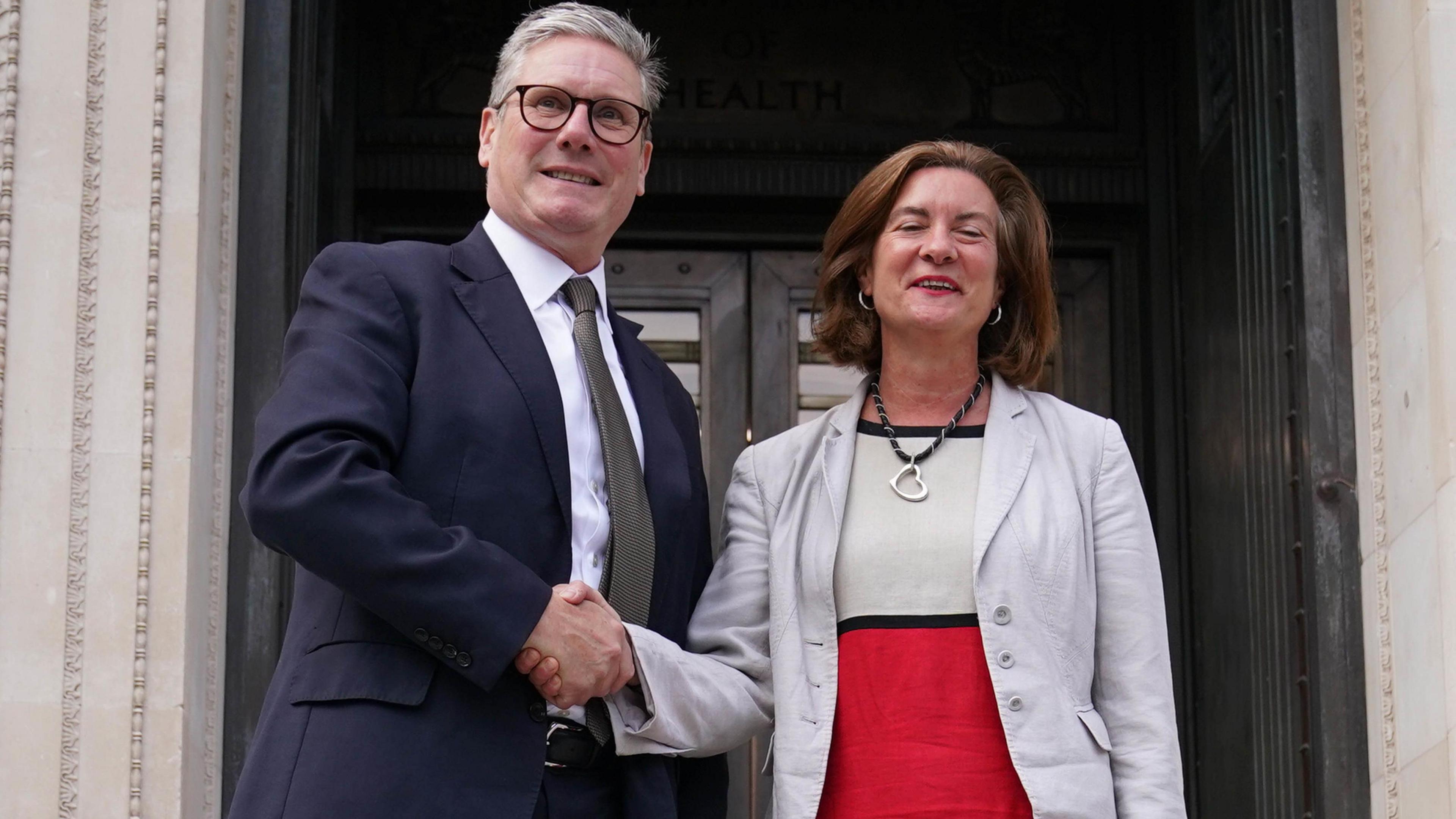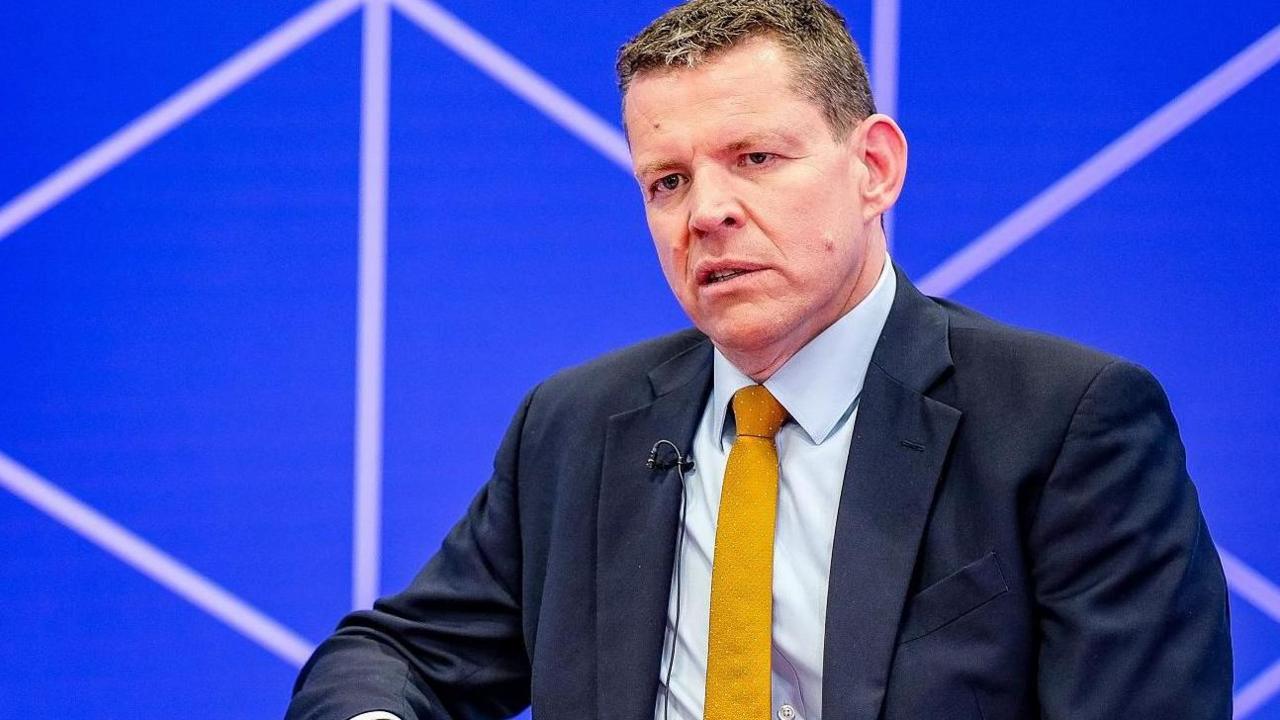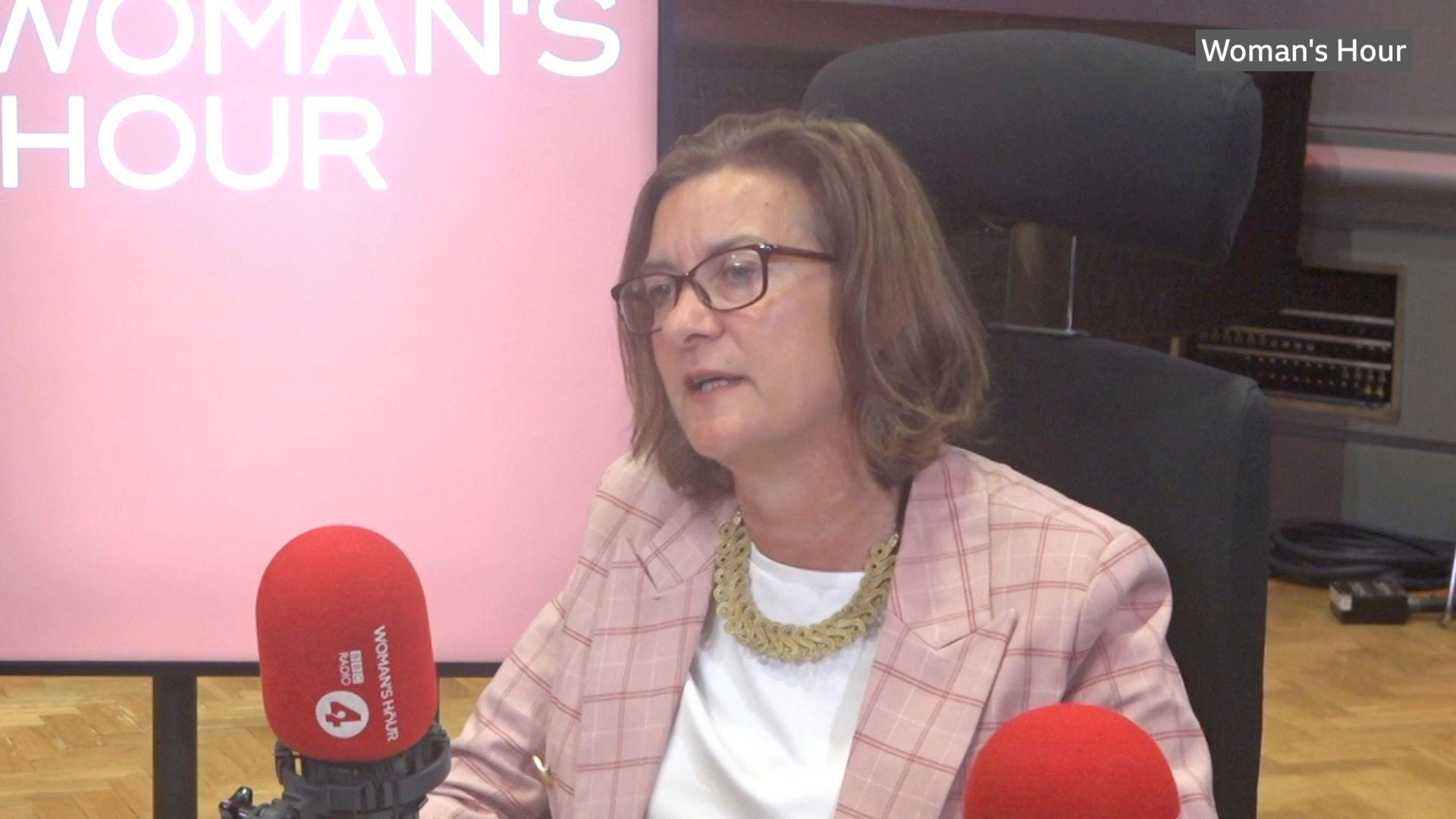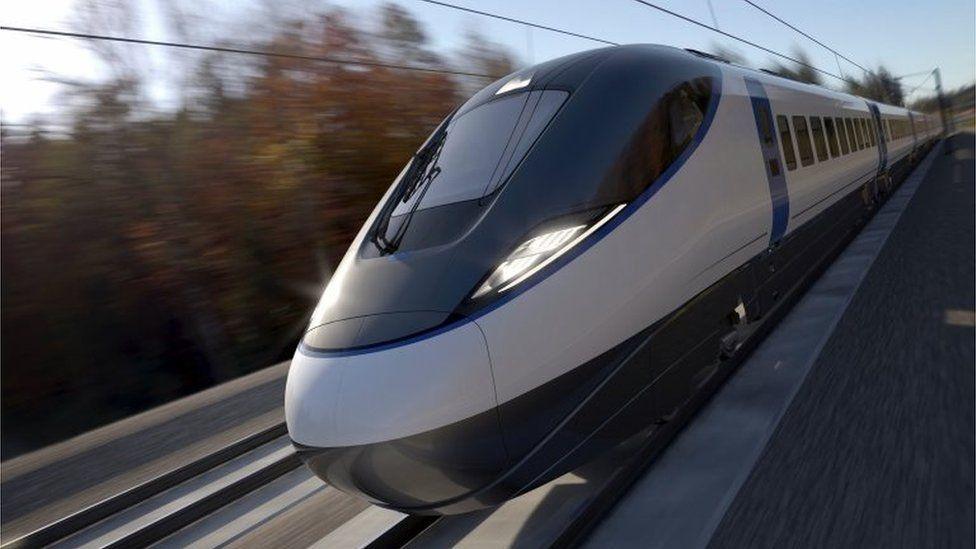Plaid Cymru attack Morgan over how Wales is funded

Plaid says Keir Starmer should be pushed by Eluned Morgan on how her government is funded
- Published
The first minister has been accused by Plaid Cymru of a "ludicrous contradiction in terms" over the way the Welsh government is funded.
Plaid's leader Rhun ap Iorwerth has written to Eluned Morgan asking if she would push Prime Minister Keir Starmer to introduce a new model to calculate funding.
Mr ap Iorwerth's party think the current set-up disadvantages Wales and want it scrapped.
In response to his letter, Ms Morgan said she would "be pressing for a fair approach" to how the current system is applied.
FM says Wales will not face Scotland-size cuts
- Published4 September 2024
Huge seat part of plans for more Senedd politicians
- Published3 September 2024
Second homes for sale treble after council tax hike
- Published6 September 2024
BBC Wales has seen copies of both letters, which were exchanged between the two leaders last month.
Public spending is worked out using the Barnett formula, which dates from the 1970s.
It allocates funding to Wales based on extra spending in England in areas such as health, education and rural affairs, which in Wales are controlled by the Welsh government.
Welsh ministers receive a proportion of England's additional funding based on Wales' population size, but there has long been an argument that the needs of Wales' population should be given more weight when the calculations are made.
In his letter to the first minister, Mr ap Iorwerth said: "You have already said that services will have to be de-prioritised in 'these tough financial times', but I would be grateful for confirmation that in order to address underfunding you will be pursuing a new fair funding model for Wales alongside the consequentials owed to us from the multi-billion pound HS2 rail project.
"As I said in the chamber upon your successful nomination, the challenges facing the Labour Welsh government are significant. It has been heartening to see the Senedd recently vote in favour of HS2 consequentials and devolving the Crown Estates - two steps that would release considerable funds to help overcome these challenges."
Wales received no consequential funding for HS2 as it is designated an England and Wales project.

Rhun ap Iorwerth regularly urges Welsh Labour ministers to demand more from the new UK Labour government
The Crown Estate manages the seabed, vital for potentially lucrative offshore wind developments.
Profits from leasing the seabed is paid to the UK Treasury, which hands a portion to the monarchy.
In Scotland, the Crown Estate is devolved, meaning net revenues are allocated locally.
Replying to Mr ap Iorwerth, the first minister wrote: "In a meeting with the chief secretary to the Treasury, the cabinet secretary for finance, constitution and the Cabinet Office explained we are keen to redress the inequities which remain from the previous UK government, and to maximise capital infrastructure investment to support the economy.
"We will be pressing for a fair approach to the application of the Barnett formula, and a review of comparability with the Department for Transport, and of Network Rail investment decision processes.”
On devolution of the Crown Estate, Ms Morgan said: "Our programme for government and its commitment to devolving the Crown Estate remains unchanged.
"Officials have held initial discussions with their UK government counterparts on partnership working with the UK government and the Crown Estate to progress our energy priorities in Wales.
"I am keen to work with the UK government to progress the devolution of the Crown Estate to Wales, including understanding the resources we would require to maintain the delivery of Crown Estate functions in Wales."
'Beyond comprehension'
In a statement, released on Thursday, Mr ap Iorwerth said: "Any notion that having two Labour governments working together would benefit Wales has been blown out of the water."
He added: "The notion that a 'fair approach' can be adopted to the application of the Barnett formula, as suggested by the new Labour first minister, is a ludicrous contradiction in terms.
"It's beyond comprehension why the Labour Party continue to be wedded to a funding formula which they themselves have promised to scrap in the past."
Back in 2017, in the build-up to that year's general election, the then first minister Carwyn Jones told BBC Wales that the Barnett formula would be scrapped.
The party's election manifesto promised "long-term reform of how the UK allocates public expenditure to ensure that it reflects the needs of different parts of our country and that no nation or region of the UK is unfairly disadvantaged".
Labour's recent 2024 general election manifesto recognised that "the Welsh fiscal framework is out of date".
It went on to say that if the party won the election it was "committed to working in partnership with the Welsh government to ensure the framework delivers value for money with two Labour governments committed to fiscal responsibility".
A Welsh government spokesperson added: "We have long made the case that the Barnett formula should be replaced by a needs-based funding system.
"We will continue to make that case and will work with the new UK government to improve the way the existing funding system works."
- Published5 September 2024

- Published18 April 2024

- Published5 September 2024
